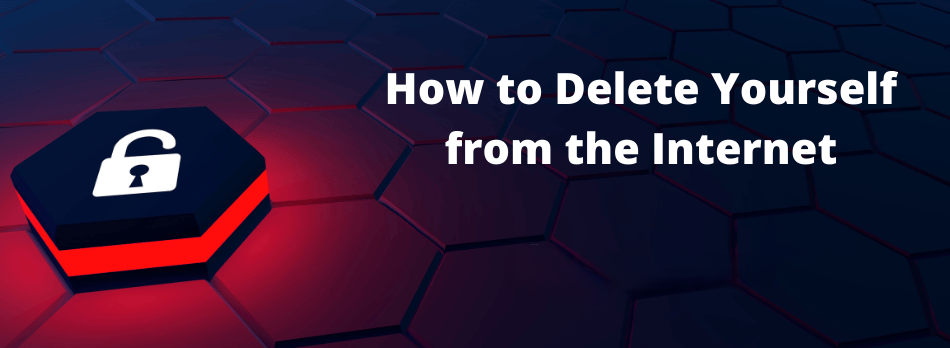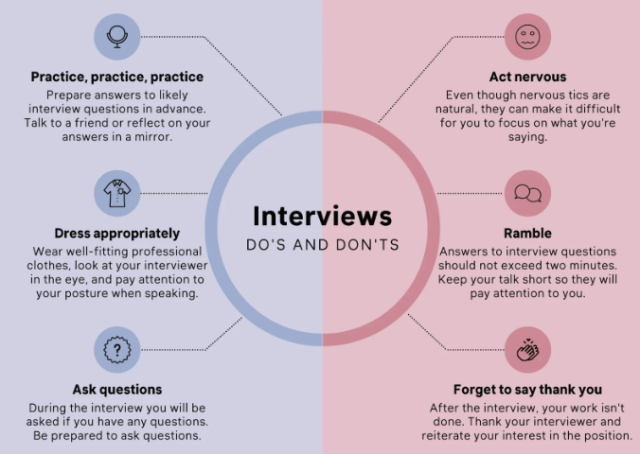Why People Want to Delete Themselves from the Internet
By: Javid Amin | 07 September 2025
In today’s hyper-connected world, your personal information is everywhere—on social media, in search engines, hidden in government records, and stored on data broker sites you’ve probably never heard of. Every like, comment, purchase, or app you’ve used has likely left a trace.
For many, this isn’t just about privacy—it’s about protection. Identity theft, stalking, scams, and doxxing have become alarmingly common. Even job seekers are judged based on their online presence.
So, what if you decide, “I want to delete myself from the internet?”
Is it even possible?
The truth is, you can’t erase every trace. But you can take control of your digital footprint, minimize exposure, and reclaim your privacy. This guide will walk you through practical, step-by-step strategies to disappear—or at least make yourself far harder to track.
Audit Your Digital Footprint
Before you start deleting, you need to know what’s out there about you.
🔍 How to Audit Yourself Online
-
Search Engines: Type your full name (with variations, nicknames, initials) into Google, Bing, DuckDuckGo, and Yahoo.
-
Check Images: Use Google Images or TinEye to search for your pictures online.
-
Review Old Accounts: Search your old email addresses to see if forgotten accounts are still active.
-
Track Data Leaks: Use Have I Been Pwned to check if your email or phone number was exposed in a breach.
-
Note Everything: Create a spreadsheet listing social accounts, blog posts, forums, mentions, and leaked records.
🧠 Pro Tip: Use incognito mode or a different device to search—you’ll get results not influenced by your browsing history.
Delete or Deactivate Social Media Accounts
Social media is usually the biggest privacy risk. Even if you think your profile is private, your data is often still visible to third parties.
Platform-by-Platform Deletion Guide
-
Facebook & Instagram
-
Download your data (photos, messages, posts).
-
Choose between deactivation (temporary) or permanent deletion.
-
Remember: Facebook owns Instagram, so your data may still be linked.
-
-
X (Twitter)
-
Deactivate your account.
-
If not reactivated within 30 days, it’s permanently deleted.
-
-
TikTok
-
Delete through settings.
-
Request data deletion from TikTok’s privacy team if needed.
-
-
LinkedIn
-
Close your profile under settings.
-
Be aware: Recruiters or cached pages may still hold your info.
-
-
Snapchat
-
Delete your account via the web portal.
-
Snaps and chats may remain on recipients’ devices.
-
Bonus Privacy Steps
-
Disable search engine indexing on each platform.
-
Unlink third-party apps connected to your accounts.
-
Remove or blur identifying photos.
Remove Yourself from Search Engines
Even after deleting accounts, traces of your identity can remain cached in search results.
How to Remove Search Engine Results
-
Google’s Removal Tool: Request deletion of sensitive data (phone number, address, images).
-
EU Right to Be Forgotten: If you’re in Europe, you can request broader data removal under GDPR.
-
Bing & Yahoo Tools: Submit requests to remove outdated or harmful content.
If a third-party site mentions you, you’ll need to contact the website owner directly. Many sites honor takedown requests, especially for personal data.
Opt Out of Data Brokers
Data brokers collect and sell your information—addresses, phone numbers, relatives, even property ownership. They power sites like:
-
Spokeo
-
Whitepages
-
BeenVerified
-
PeopleFinder
How to Opt Out
-
Visit each broker site.
-
Find their opt-out or privacy request form.
-
Submit proof of identity (sometimes required).
-
Repeat regularly—your data may resurface.
Automated Services
If you don’t want to manually opt out of dozens of sites, consider paid services like:
-
DeleteMe
-
PrivacyDuck
-
OneRep
Secure Your Online Accounts
Even if you delete accounts, hackers may still target your old credentials.
Cybersecurity Checklist
-
Use strong, unique passwords (at least 12 characters, mix of symbols).
-
Enable two-factor authentication (2FA) everywhere.
-
Delete unused apps and accounts.
-
Regularly scan the Dark Web for leaked credentials.
Password managers like Bitwarden, 1Password, or LastPass can make this process easier.
Boost Browser & Device Privacy
Even if you reduce your online presence, your devices may still leak data.
Recommended Privacy Tools
-
Browsers: Brave, Firefox, or Tor (for anonymity).
-
Extensions: uBlock Origin, Privacy Badger, DuckDuckGo Privacy Essentials.
-
VPNs: Use to hide your IP and browsing location.
-
Cookies: Regularly clear history, cookies, and cache.
🧠 Cybersecurity Tip: Don’t rely only on “incognito mode.” It hides browsing history from your device, not from ISPs, employers, or trackers.
Remove Identifying Images & Metadata
Photos are often the biggest giveaway of identity. Even deleted photos may linger on servers or backups.
How to Protect Yourself
-
Delete old pictures from public platforms.
-
Request untagging or deletion from friends.
-
Strip EXIF metadata (location, device info) before uploading images. Tools like ExifTool can help.
Clean Up Your Email & Communication Tools
Old email accounts are prime targets for hackers.
Email Privacy Guide
-
Delete unused accounts.
-
Use encrypted email services like ProtonMail or Tutanota.
-
Avoid using your real name in new email handles.
-
Consider burner emails for sign-ups.
For messaging, prefer Signal or Telegram over unencrypted apps.
Make Public Records Private
Certain records—like voter registration, property ownership, and court filings—are often publicly accessible.
What You Can Do
-
In some jurisdictions, request to seal or redact records.
-
Contact local government offices to ask about privacy options.
-
For sensitive cases (stalking, harassment), some regions allow confidential address programs.
Accept the Limits—You Can’t Erase Everything
Even after taking all these steps, complete invisibility is nearly impossible.
Your data may still exist in:
-
Government archives
-
Financial institutions
-
Employer databases
-
Old backups or cached content
But here’s the key: privacy isn’t about perfection—it’s about control.
The goal isn’t to vanish—it’s to reduce your exposure, make it harder for attackers, and ensure that you control your narrative, not strangers or data brokers.
Final Thought
Deleting yourself from the internet is a journey, not a one-time task.
It takes consistent auditing, deleting, and protecting to maintain digital privacy. But the peace of mind is worth it.
In a world where data is the new gold, protecting yours isn’t just about privacy—it’s about safety, freedom, and control over your life.
If you can’t disappear completely, at least make sure that what remains truly represents you.




